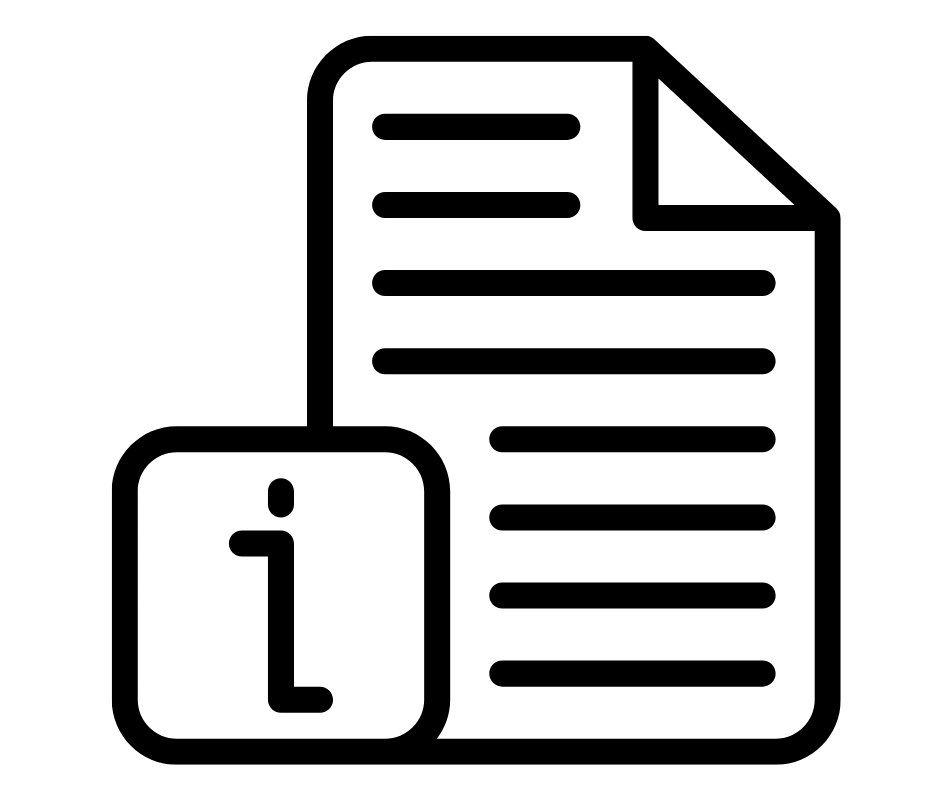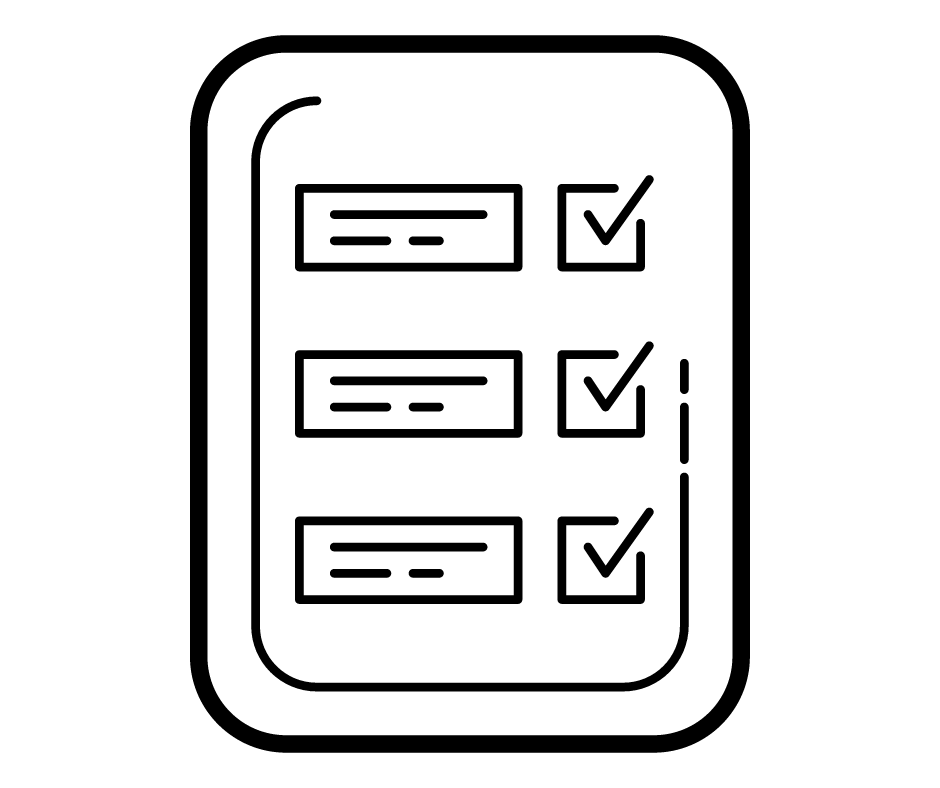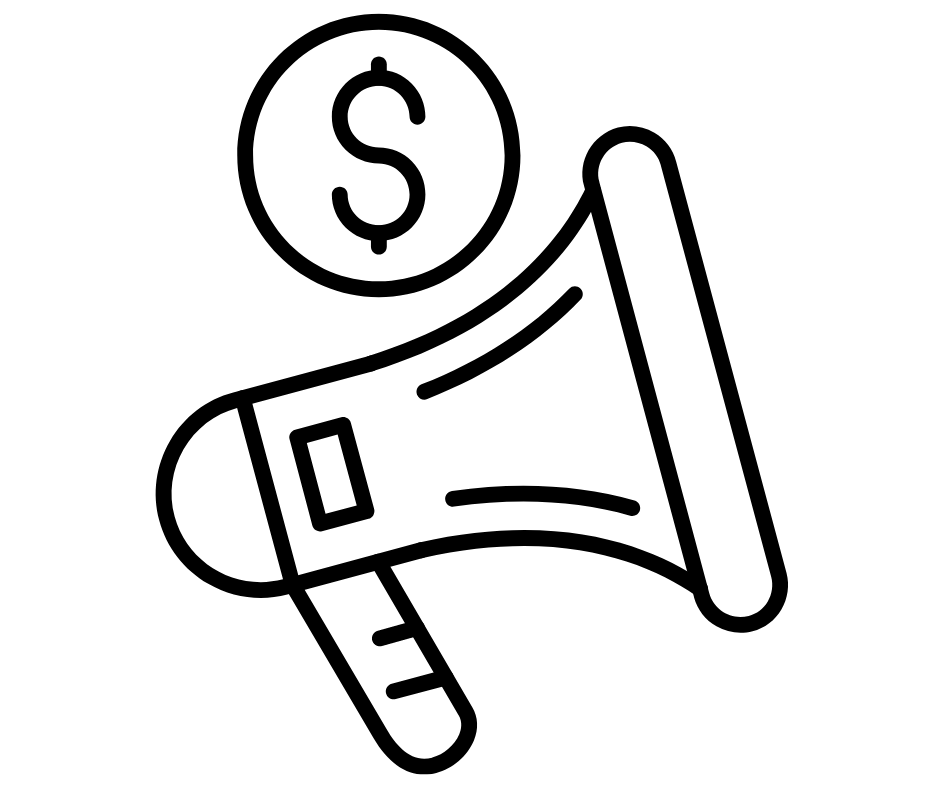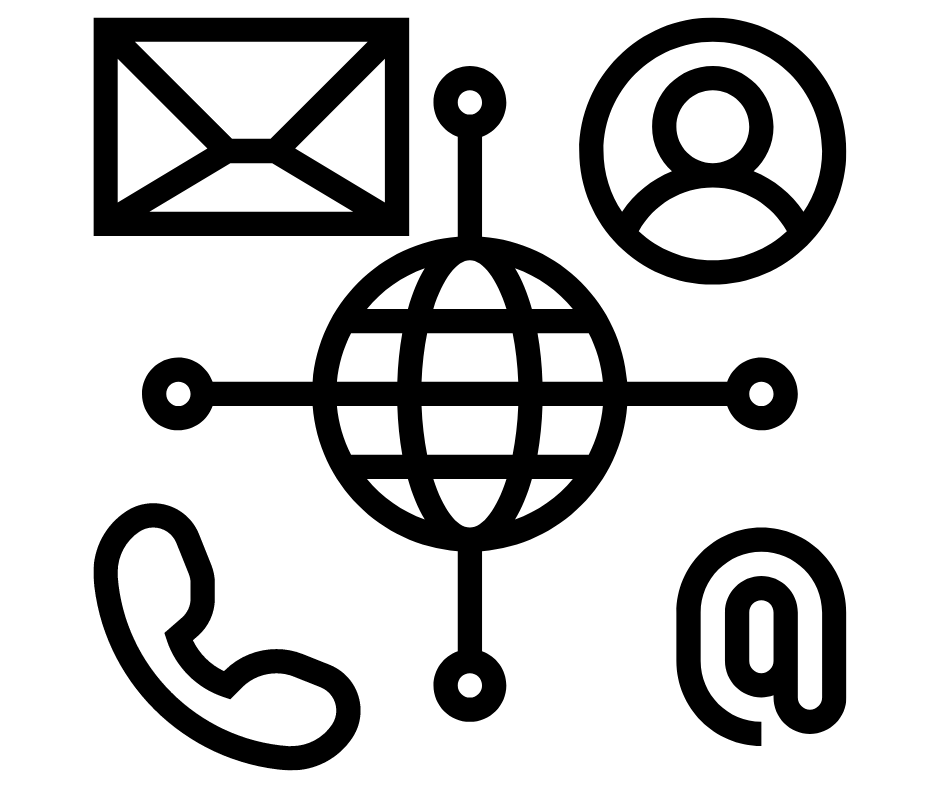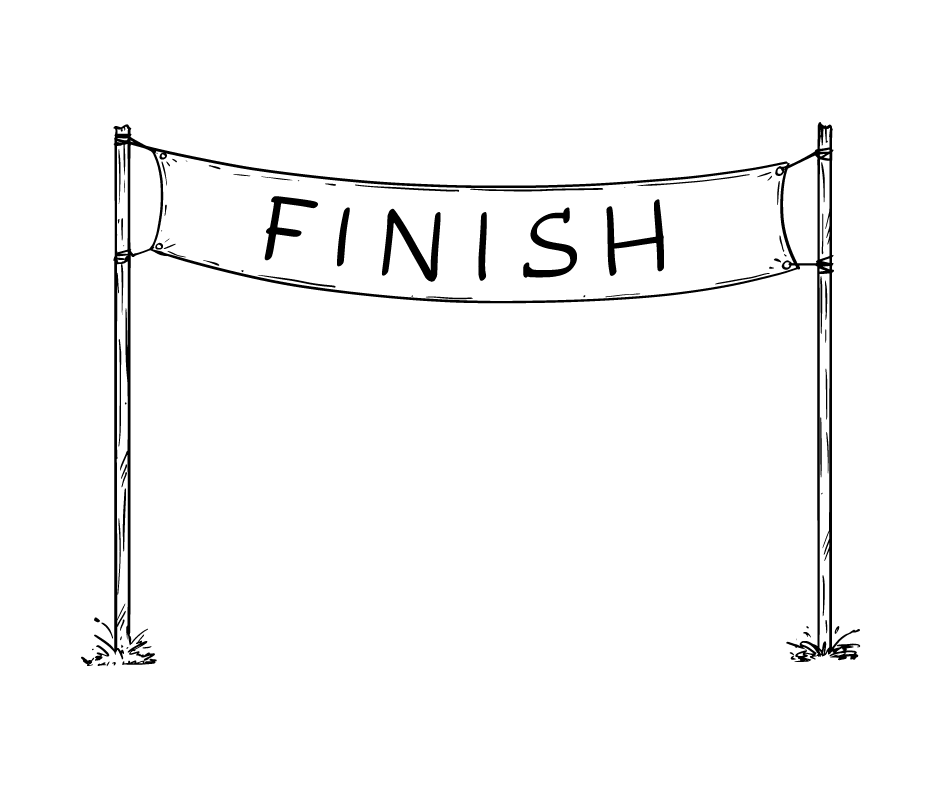How to Create an Event Sponsorship Proposal

Are you organizing an event and looking for ways to secure sponsorship? If so, you must create a compelling event sponsorship proposal to entice potential sponsors. In this article, we'll take you through the essential steps to create a professional event sponsorship proposal that stands out from the competition.
Whether a freelance writer or an event organizer with decades of experience, this guide will provide the tools and strategies to secure sponsorships for your upcoming events. Let's get started!
Build trust by explaining the event and organization.
When creating a compelling event sponsorship proposal, one of the most important things you can do is cultivate trust with potential sponsors. By building a relationship with potential sponsors, you can increase the chances they will want to work with your organization and support your event. One way to do this is by explaining the event and organization in detail.
Firstly, start by providing relevant details about your organization, such as its mission, history, and goals. This information can help potential sponsors understand the values and goals that underpin your work and provide them with the context they need to know why your event is important. You can highlight successful past events and underline your organization's reputation as a reliable event organizer.
Next, provide an overview of the event you are seeking sponsorship for. What is the format? Who is the target audience? What are the goals and objectives of the event? Answering these questions will enable potential sponsors to quickly evaluate whether or not your event aligns with their values and goals.
Be sure also to discuss sponsorship's benefits, such as branding opportunities, prominent advertising, and networking opportunities. Examples of how past events were successful for sponsors can also help provide some social proof and demonstrate the worth of sponsoring an event.
One essential tip is to humanize your pitch. Potential sponsors want to know who they are working with. Including the photo and contact information of the team responsible for the event planning can communicate this more effectively than simply stating the organization's name or presenting a corporate logo.
By explaining your organization and event in detail, you help potential sponsors understand what you're all about and demonstrate that your organization is transparent and trustworthy. This helps build a strong foundation for a long-lasting partnership between your organization and your sponsors.
Present your target audience.
One of the most important parts of any successful event sponsorship proposal is clearly defining your target audience. As with any business endeavor, understanding your audience is essential to attracting and securing potential sponsors.
Start by describing your target audience in detail. Who are they? What do they care about? What motivates them to attend events like yours? This information can help potential sponsors determine whether your event fits their brand and marketing goals.
To further showcase the value your event can offer sponsors, including demographic data about your attendees. This can include age, gender, education, income level, and geographic location. Including this information can help potential sponsors determine how well your event aligns with their target market.
It is also important to discuss the size and composition of your audience. Whether you are planning a large-scale event or a more intimate gathering, providing an estimated number of attendees can give potential sponsors an idea of the reach and impact of your event. Additionally, if your event has a specific niche or theme, highlighting this can help attract sponsors whose products or services align with your audience's interests.
Incorporating testimonials or case studies from past attendees and sponsors can also be a valuable way to showcase the potential benefits of partnering with your event. Providing concrete examples of successful collaborations with sponsors can help potential partners see the value of getting involved with your event.
Remember that once you have identified your target audience, it is important to tailor your messaging accordingly. Use language and imagery that resonates with your audience and speaks to their interests and needs. Doing so can create a powerful and effective event sponsorship proposal that attracts the right sponsors and achieves your desired outcomes.
Demonstrate your track record.
Your event sponsorship proposal must demonstrate your track record of hosting successful events and partnering with sponsors. This is essential to convince potential sponsors that their investment in your event will be worth it.
One effective way to showcase your track record is by including testimonials and case studies from previous sponsors and attendees. If you have a history of successful collaborations with sponsors, highlight this in your proposal. Share specific examples of how your event helped sponsors achieve their marketing goals and connect with their target audience. Additionally, including attendees' feedback can demonstrate your event's value and further convince potential sponsors to get involved.
If you are a new event planner without a track record to rely on, don't despair. Instead, focus on your unique selling points and the benefits your event can offer sponsors. Highlight your experience in the event industry and any relevant education or training you have received. You can also include information about your team's skills and expertise.
Another way to demonstrate your track record is by sharing data about previous events. This can include attendance numbers, social media engagement, and revenue generated. This data can show potential sponsors that your events are well-attended and significantly impact your target audience.
Demonstrating your track record is about building trust and credibility with potential sponsors. Sponsors will be more likely to invest in your current and future projects if you show that you have a history of successful collaborations and events. So, take the time to gather evidence of your past successes and use it to persuade potential sponsors to partner with you.
Describe the sponsorship opportunities being offered.
When creating an effective event sponsorship proposal, one of the most critical elements is clearly articulating the sponsorship opportunities offered to potential sponsors. This section of your proposal should leave no doubt in the minds of prospective sponsors about what they'll get in return for their investment.
One practical approach is offering different sponsorship packages with different benefits and corresponding price points. For example, you might offer a "Gold Package" with premium booth space, logo placement on all event collateral, and a featured speaking opportunity. In contrast, a "Silver Package" might include booth space, logo placement on select materials, and social media mentions.
It's essential to ensure that the sponsorship opportunities align with the goals and objectives of the event. For example, if you want to increase event attendance, consider offering sponsorships that incentivize them to promote the event among their networks. Consider offering sponsorships with exclusive product placement or advertising rights to generate revenue.
It's also important to be clear and transparent about what sponsors can expect in return for their investment. Provide a detailed breakdown of the benefits included in each sponsorship package, along with any limitations or restrictions. If there are any exclusive sponsorship opportunities available, make sure to highlight them.
Finally, including "social proof" in this section of your proposal can be powerful. Share success stories from previous sponsors and highlight their return on investment. Showcase any impressive attendance or revenue numbers from past events. The more evidence you can offer to demonstrate the value of sponsoring your event, the more compelling your proposal will be.
Overall, the sponsorship opportunities section of your event sponsorship proposal should leave no doubt in the minds of prospective sponsors about what they'll get in return for their investment. Take the time to create customized packages that align with your event's objectives, provide clear and transparent information, and showcase social proof to make your proposal as compelling and effective as possible.
Conclude with contact information, terms, and a booking form.
Wrapping up your event sponsorship proposal with clear contact information, terms, and a booking form is crucial to getting the response you want from potential sponsors.
First, make sure your contact information is easy to find and comprehensive. Include email addresses, phone numbers, and social media handles for all key contacts involved in the sponsorship process. Being reachable and responsive will go a long way in establishing trust with sponsors.
In addition, communicate the terms and conditions of the sponsorship agreement. This includes details on payment terms, deadlines for deliverables, and any exclusivity agreements you may offer. Being upfront about expectations will help you avoid any misunderstandings or disputes with sponsors down the line.
Finally, provide a simple booking form to streamline the sponsorship process. This can be included as a separate document or as part of your proposal. Your booking form should contain all relevant details on each sponsorship package, pricing, and information on how to submit payment.
By including these key elements at the end of your proposal, you'll make it easy for potential sponsors to get in touch, understand the terms, and take action to secure their sponsorship. Ensure your forms, terms, and contact information are professional, polished, and easy to navigate to ensure you stand out from the competition.
Wrapping up
Wrapping up your event sponsorship proposal is a crucial step in securing sponsorships. It's your chance to leave a lasting impression on potential sponsors and ensure your hard work pays off. Here are some tips for wrapping up your proposal:
1. Include social proof:
Provide evidence of your success by highlighting successful events and previous sponsors. This can help establish credibility and increase a sponsor's confidence in your event.
2. Clearly communicate the benefits:
Be sure to clearly outline the benefits of each sponsorship package, including branding opportunities, networking opportunities, and exposure to your audience.
3. Customize your proposal:
Tailor your proposal to the specific needs of each potential sponsor, providing a personalized touch that can help separate you from competitors.
4. Provide a detailed sponsorship contract:
Be specific about the terms of your agreement, including payment terms, deadlines, and any exclusivity agreements. This can help avoid conflicts and misunderstandings in the future.
5. Follow up:
Keep in touch with potential sponsors, updating them on your progress and answering any questions they may have. This can help build relationships and increase the likelihood of securing sponsorship.
By following these tips, you can confidently wrap up your event sponsorship proposal, knowing that you've presented the best possible case for potential sponsors to partner with you. Remember to be transparent, professional, and responsive throughout the process, and you'll be well on your way to a successful event sponsorship campaign.
Conclusion
In conclusion, creating a successful event sponsorship proposal requires careful planning, research, and attention to detail. By following the steps outlined in this article, businesses can develop a compelling proposal that showcases the benefits of sponsoring their event and aligns with the goals and values of potential sponsors.
Remember to tailor your proposal to the needs and interests of each sponsor, and be prepared to negotiate terms and provide ongoing support throughout the event. With the right approach and creativity, businesses can secure valuable sponsorships that help them achieve their event goals while building lasting relationships with partners in their industry.
Fundraising  Your All-in-One Event Management Platform
Your All-in-One Event Management Platform
Host Events with Ease! Events.org's comprehensive event management platform makes it easy to optimize, automate and maximize your organization's entire charitable event calendar.Events.org Benefits:
✓ Simple, Affordable Pricing for Paid Events: $1 per Transaction!
✓ FREE Events are always FREE
✓ Host & Manage Any Event
✓ Dedicated Customer Support
✓ Branded Event & Donation Pages
✓ Donor and Contacts Management (CRM)
✓ Membership Management
✓ Conference Management
✓ Volunteer Management
BONUS: Free access to the iBid's Mobile Auction AutoPilot™ - This automation tool saves you time & stress while streamlining auction tasks. Manage auction items and payment processing, including express checkout & digital receipts!
